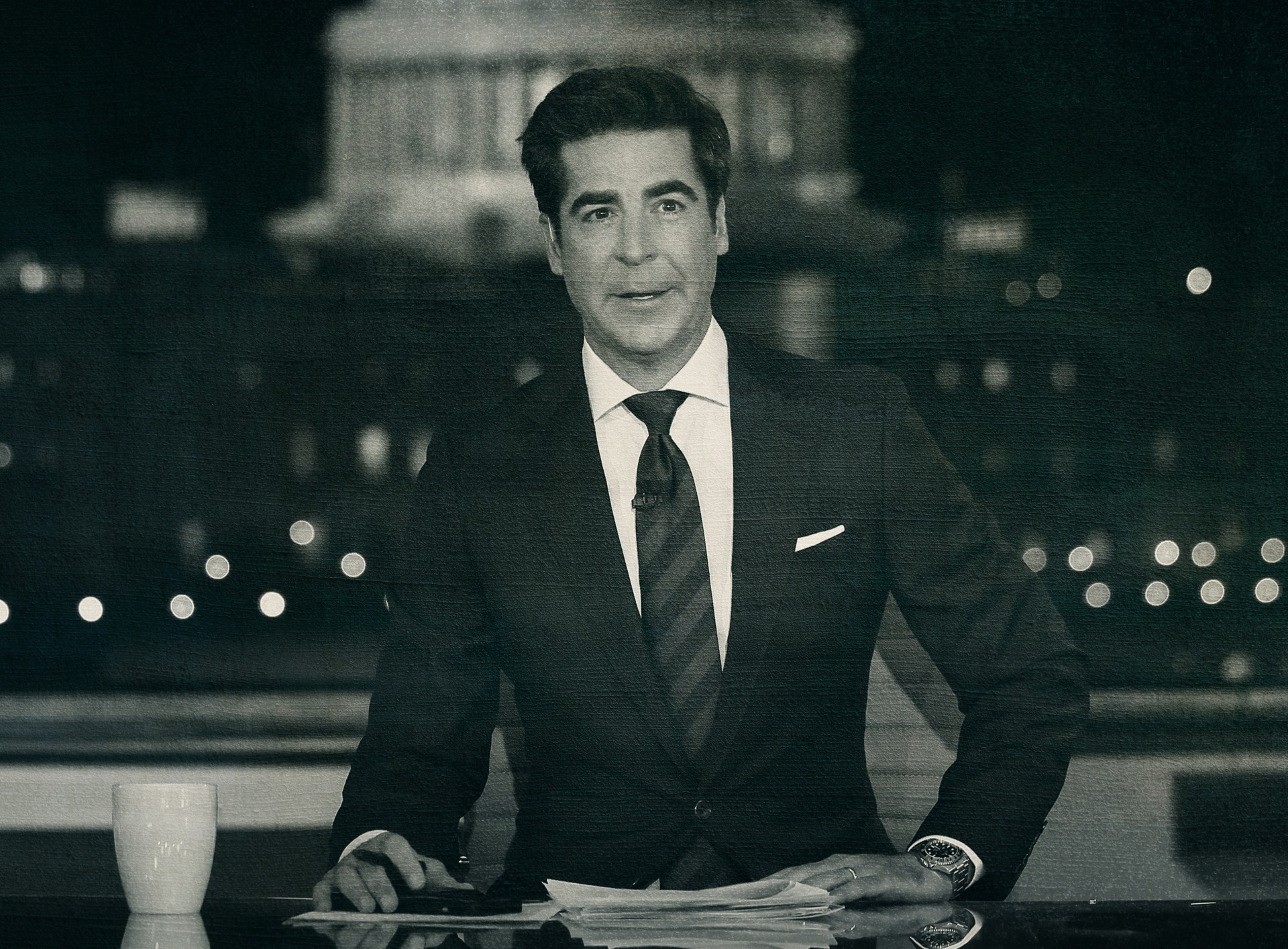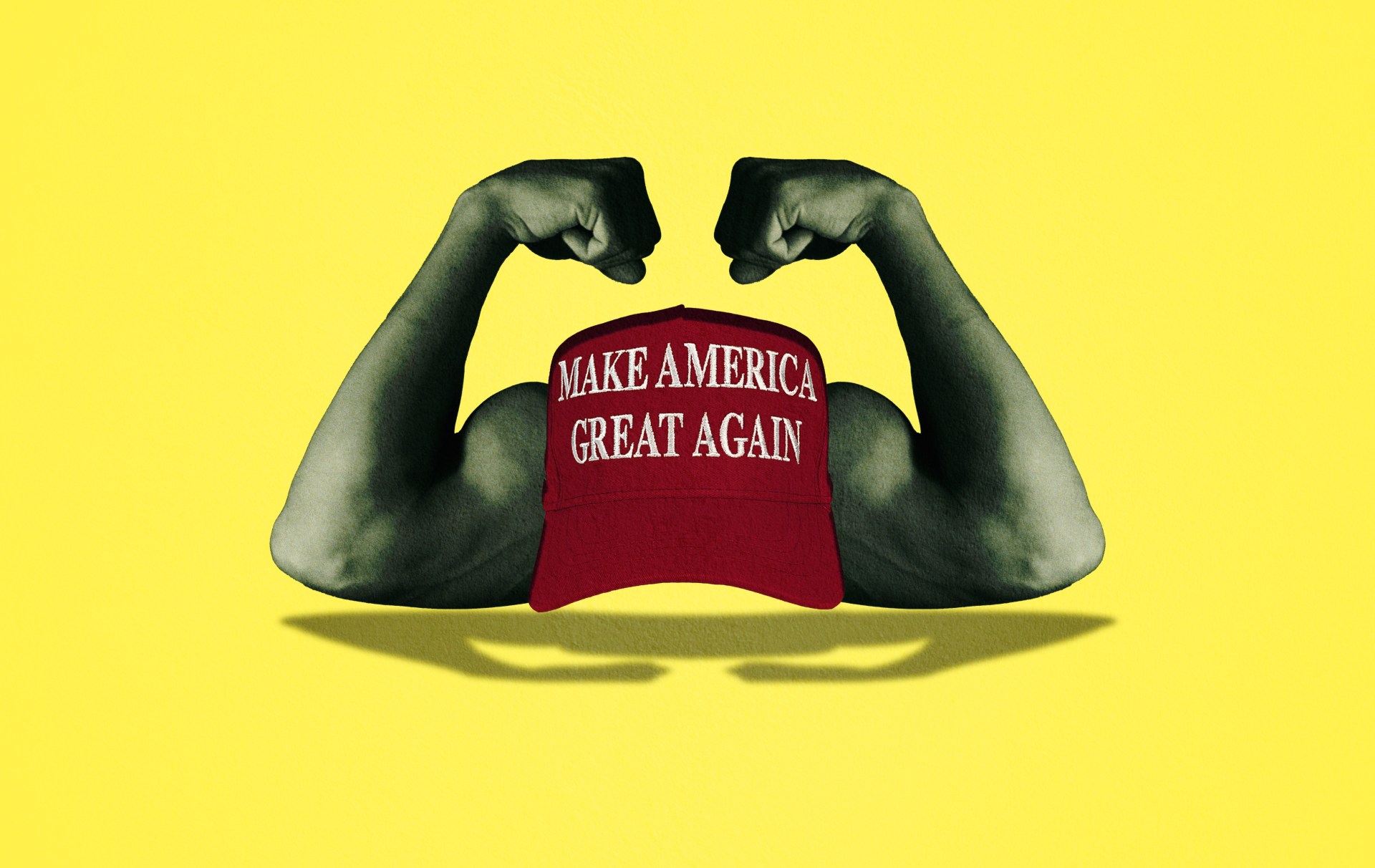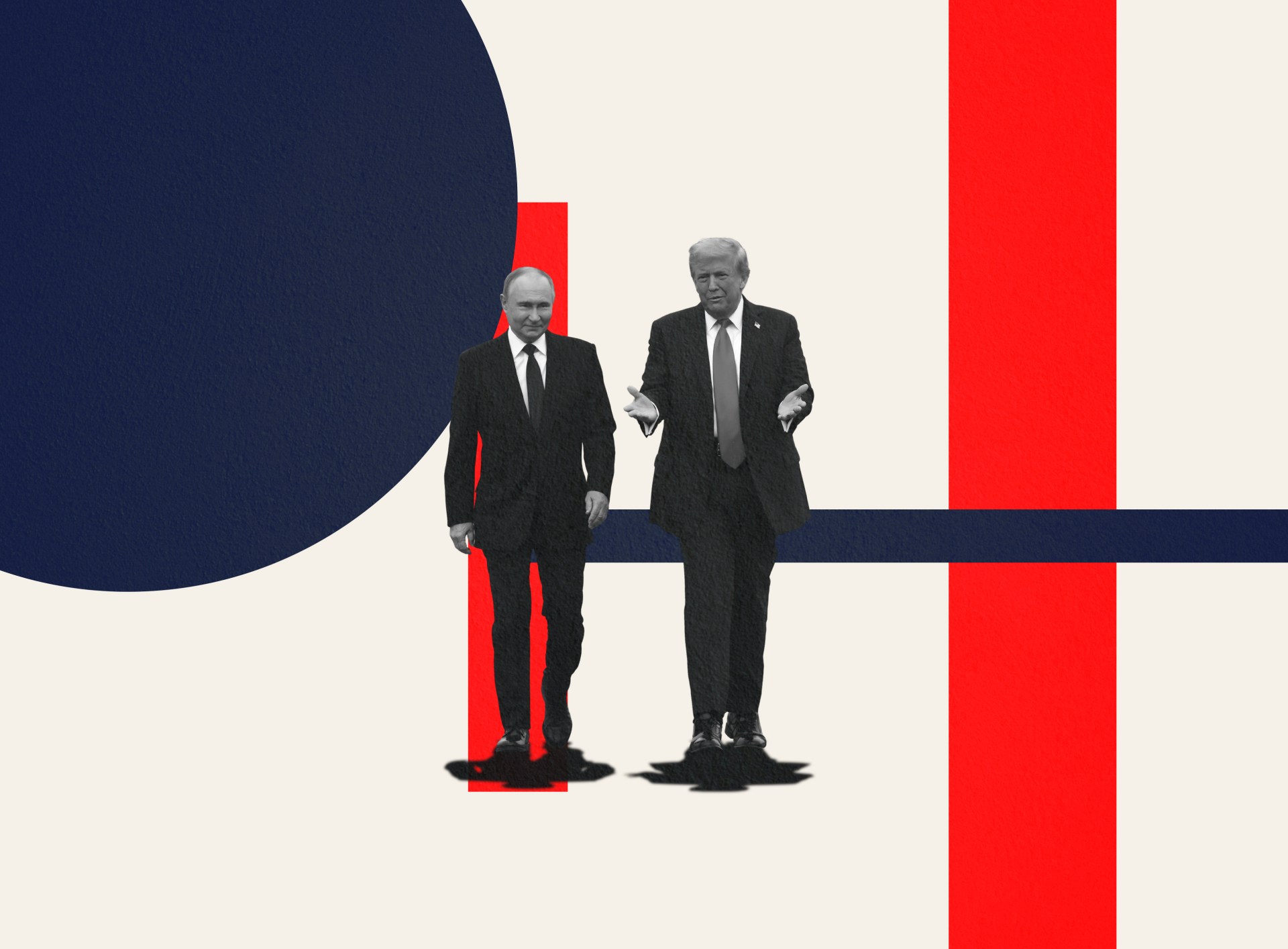Hello. Charlie Kirk’s rise to fame began inauspiciously when he formed Turning Point USA in 2012 at the age of 18, with “no money, no connections and no idea what I was doing.” He sought to bring conservative viewpoints to college campuses dominated by liberal and progressive politics, garnering attention for his often controversial statements. Kirk aligned himself with the MAGA movement as Donald Trump took over the GOP, and his empire and influence grew accordingly: He had an enormously popular podcast, TPUSA now has chapters on more than 800 campuses nationwide and annual revenues approaching $100 million, and his Turning Point Action political advocacy group conducted extensive voter turnout operations for Trump in 2024.
On Wednesday, Kirk was back doing what made him famous—debating students on a college campus in Utah—when he was fatally shot. Kirk, 31, leaves behind a wife and two young children. He also leaves behind a complex legacy.
Michael Warren and John McCormack spoke with figures in the conservative movement who knew Kirk. They wrote:
Kirk was the face of young conservatism both on campus and in the broader media landscape, and he was perhaps the most influential voice among right-leaning members of Gen Z—certainly more than any elected official besides Trump. And unlike politicians and political celebrities on TV and online who seemed distant or out of reach, Kirk rubbed elbows with his fans, arguing with their progressive peers and making those who were with him feel a part of the fun of political engagement.
Kirk was, to put it mildly, a firebrand. Critics have spent the days since his death circulating some of his more incendiary comments—about civil rights and affirmative action, immigration, Islam, and LGBT issues, but some figures on the left praised him. California Gov. Gavin Newsom, who had Kirk as the first guest on his own podcast back in March, said that he “admired his passion and commitment to debate” and Ezra Klein wrote in the New York Times that Kirk was “practicing politics in the right way.”
Our own Nick Catoggio took issue with Klein’s assertion, arguing in Boiling Frogs (🔒) that “Charlie Kirk was a prominent face in a postliberal political faction. He wasn’t the most ardent authoritarian in the ranks, and he certainly wasn’t the person of lowest character. But the movement he promoted and with which he aligned himself fundamentally doesn’t believe in doing politics ‘the right way,’ and we should all remain clear about that in our grief. It likes to intimidate its opponents.”
Kevin Williamson recalled an incident a few years ago in which residents of a wealthy Florida community sought to have Kirk disinvited from a speaking engagement because his presence made them feel unsafe. He wrote that “People who make you uncomfortable are not a threat. People who shoot you with a .30-06 are a threat.” And he continued:
It would not do to try to draw some kind of straight-arrow vector from political rhetoric to political violence. But neither would it do to deny that the argument for disinviting Charlie Kirk from a low-stakes speaking engagement in Florida is a very close cousin to the argument for assassinating him: that he and his speech and his ideas are—were—a threat from which the threatened parties must defend themselves.
Contributing writer Paul D. Miller offered up a fair and respectful critique of Kirk, noting some of his more unsavory comments and actions while acknowledging, “He entertained half a generation of college students with his wit and passion, making Team Red both rebellious and cool.”
And Miller pulled back for a broader view:
His life, as much as his murder, reflected the nation that created him. Our obsession with social media made a career like his possible. Our cultural illiteracy and historical ignorance made debaters like him persuasive. Our neglect of institutions gave his an opportunity to grow. Our irresponsible legacy media gave him an excuse to create his own. Our cowardice in discourse made Charlie Kirk possible.
On Friday morning, President Donald Trump appeared on Fox News and announced that a suspect in Kirk’s killing was in custody. Hours later, Utah Gov. Spencer Cox and FBI Director Kash Patel announced that Tyler Robinson, 22, of Washington, Utah, had been taken into custody. Robinson reportedly admitted his involvement to his father, and a family friend contacted law enforcement. Robinson was taken into custody late Thursday night. While speculation has abounded regarding his motivation—with conservative supporters bemoaning leftist political violence and some on the left seeking to portray him as a far-right “groyper”—authorities have not offered a clear explanation, and there may not be one. What is certain, however, is that Kirk’s murder is the most shocking example yet of political violence in a divided nation where such horrific events have been on the rise, as Grayson Logue reported Friday.
It’s amazing to me how some of the people peddling the idea that “they” are orchestrating all of this political violence are the same people who take deep offense at any suggestion that Trump orchestrated the violence of January 6. We don’t need to argue about the incitement standard under Brandenburg v. Ohio to acknowledge that there’s a lot more connective tissue between Trump’s rhetoric on that day than there is connecting Democrats or “the media” to Charlie Kirk’s murder. There is no “they,” at least not in the way Bannon and Watters et al want you to believe. But there is an “us” and a “we.” And if we are going to assign culpability to an ominous pronoun, then that is where we should look. We are responsible. Left and right, Democrats and Republicans. The terminally online and the politically disaffected all have some portion of blame, if not necessarily equal portions. We are not responsible in a legal sense or even in a logical sense. But we, all of us, are responsible for this corruption of our shared spaces, because standing up to it is so much harder than slouching as it unfolds in front of us.
The story of the West cannot be told without telling the story of her original inhabitants, the whole lot of them, most of them lost in the echoes of oral tradition and their mistreatment by settlers. Their continued existence is a testament to their grit and a somber reminder of the completely unnecessary casualties of Western settlement. As Stewart Udall argues in his magisterial book, The Forgotten Founders: Rethinking The History Of The Old West, Indian subjugation was not the unavoidable outcome of American expansion: It was a conscious decision made by figures like President Andrew Jackson, who favored an “apartheid solution” to the so-called “Indian question.” Jackson’s policies loom large over the history and present reality of the American West’s relationship with Indians: “They fostered the myth that Indians were savages who could not be civilized,” Udell writes. “They legitimized the concept that Indian treaties could—and should—be broken with impunity. And they implanted the idea in Washington that so-called Indian problems ultimately had to be resolved by military force.”
Once you start looking for this performative toughness, it’s everywhere in the MAGA movement. It starts at the top of the food chain. Trump has exclaimed about beating up protesters and has mused about shooting them. He makes a big deal of parading the military around—sometimes with actual parades, sometimes by having troops meander around American cities. Trump’s immigration enforcers love to make a big show of arresting immigrants with as much theatricality as possible, like when they put hundreds of South Koreans working to open a Hyundai plant in Georgia in chains last week and released a slick video promoting the raid.Trump’s behaviors filter down to his subordinates. J.D. Vance, perhaps learning from his political benefactor, has adopted a tough-guy persona online. Vance now likes to post about how great it is to kill the “scum of the earth”, and he’s taken up showy cursing with all the believability of an 8-year-old trying out his first swear word on the playground.
The war in Ukraine entered into a dangerous new phase on Wednesday as 19 unmanned aerial vehicles aimed at Ukraine launched from Russia (and Belarus, according to Polish Prime Minister Donald Tusk) penetrated and transited Polish airspace simultaneously in conjunction with a large-scale missile and drone assault on Ukraine itself. … Although this was not the first Russian airspace violation of European air sovereignty, as EU Foreign Minister Kaja Kallas observed, it was “the most serious European airspace violation by Russia since the war began, and indications suggest it was intentional, not accidental.” Polish PM Tusk has suggested that the incident pushed his country “the closest we have been to open conflict since World War II.” Russia’s action clearly represents a vertical and horizontal escalation (by virtue of both intensity and geographic points of launch) of the conflict. There should be no mistaking what is going on here. The response to this recent attack is about much more than Ukraine’s continued independence, critical as that is. NATO’s riposte must clearly and unequivocally deter Vladimir Putin from attacking NATO in the future, thereby plunging Europe and the U.S. into a new world war, possibly a nuclear one.





















